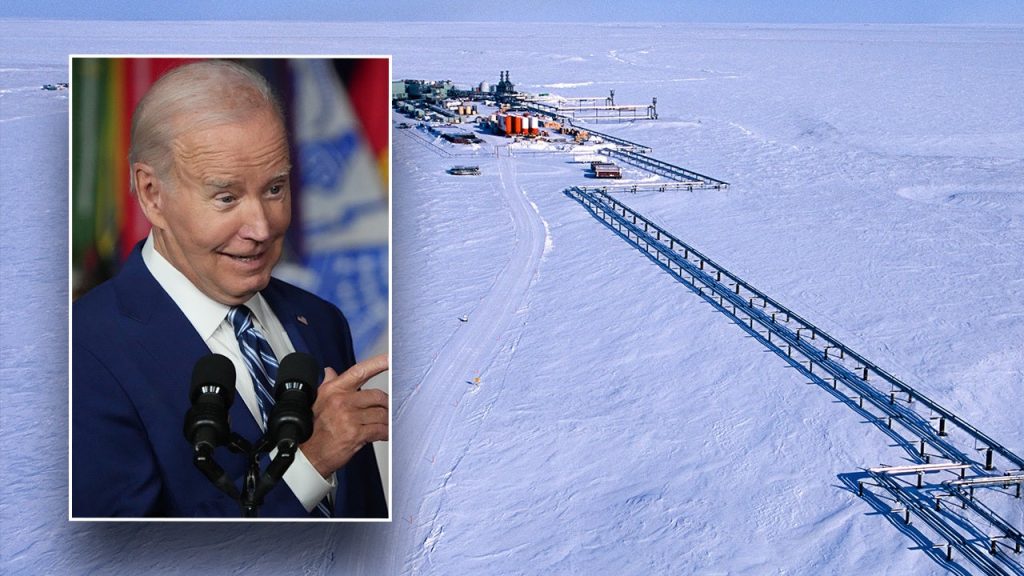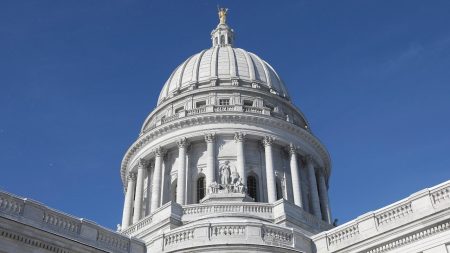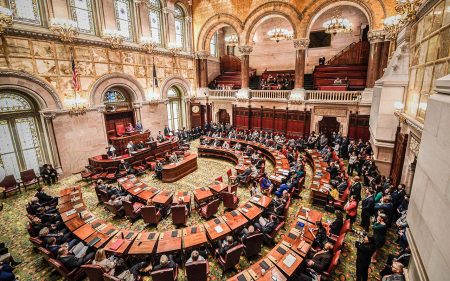The Biden administration is planning to block oil and gas drilling across millions of acres in the Alaskan National Petroleum Reserve (NPR-A), which Congress specifically set aside for resource development. The Department of Interior is expected to finalize regulations just days ahead of Earth Day, locking up more than 13 million acres of public land within the NPR-A. These regulations are part of the administration’s aggressive actions to combat climate change and prioritize conservation efforts. The proposed regulations would create an outright prohibition on new leasing across a significant portion of the area and require regular reviews of potential expansion of protected areas.
Under the Biden administration’s actions, future oil and gas leasing and industrial development in special areas within the NPR-A, such as Teshekpuk Lake and Colville River, would be strictly limited to protect wildlife species like caribou. The regulations have received both support and opposition, with more than 10,000 public comment letters and meetings with stakeholders. While Democrats and environmental groups support the regulations, they have been strongly criticized by the state of Alaska, Alaska’s congressional delegation, Indigenous groups, and Republican lawmakers. Critics have argued that shutting off the NPR-A lands to resource development would harm American energy independence and potentially outsource production to countries like Russia, Venezuela, and Iran.
Senators John Barrasso and Dan Sullivan have expressed concerns about the Biden administration’s energy policies, particularly regarding the restrictions on oil production in the NPR-A. They argue that the administration’s actions go against congressional direction for the management of the Petroleum Reserve and could negatively impact Native Alaskans who support oil and gas development in the area. In response, Alaskan leaders have urged the White House to consider their perspectives and the potential consequences of the proposed regulations on their communities. The debate over the future of the NPR-A highlights the ongoing tensions between energy development, conservation efforts, and the interests of local populations.
The National Petroleum Reserve in Alaska spans 23 million acres of public land and was originally established as a petroleum reserve for the U.S. Navy in 1923. Over the years, the management of the NPR-A has evolved, and it is now under the jurisdiction of the Department of Interior. While the Biden administration’s efforts to restrict oil and gas drilling in the NPR-A are aimed at protecting the environment and combating climate change, they have faced backlash from a wide range of stakeholders who have differing views on the role of energy development in the region.
Overall, the Biden administration’s decision to block oil and gas drilling in the NPR-A is part of a broader strategy to address climate change and prioritize conservation efforts. The regulations finalized by the Department of Interior are expected to have significant implications for the future of energy development in Alaska and the broader debate over the balance between resource extraction and environmental protection. As the administration moves forward with its agenda, it will continue to face challenges and opposition from various groups with competing interests and concerns about the impact of these policies on local communities and the national energy landscape.















